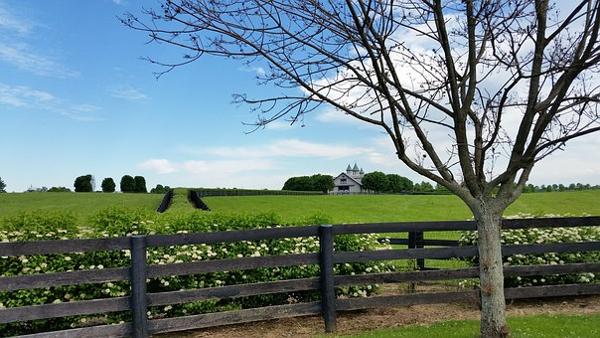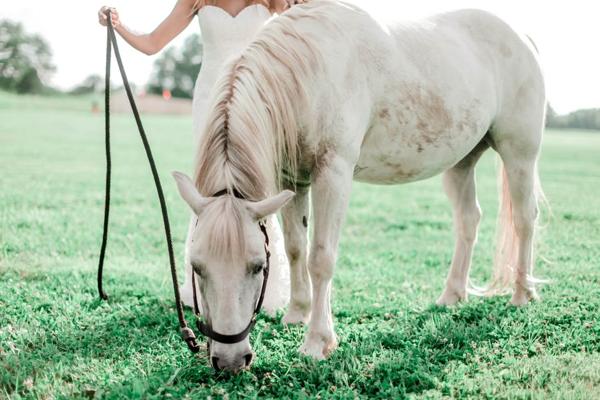There are some quite simple and environment friendly horse keeping practices available, which can easily bring you and your animal into harmony with land. Implementing some of the green practices on your horse farm is neither expensive nor that tough. Most of the points are primarily interconnected. Let’s take an example for better understanding. Controlling water pollution helps in improving the health of nearby rivers and streams, which in turn can improve suitability of wildlife habitat. This service in turn can help increase natural insect predators and decrease population of mosquitoes and flies! So, once you have successfully established earth-friendly systems, you can easily save money and time in long run by doing less.

Reduce the water runoff:
One of the major points to consider, as mentioned in TVG, happens to be non-profit source pollution. There are contaminants over here, which can reach natural waterways through runoff over land or just through ground. Originating mainly from precipitation as well as leaky horses, irrigation and other of the man-made sources, waters draining through livestock will have bigger impact on wetlands and streams. Sediments might cloud water, nutrients will cause unbalanced growth of vegetation and bacteria will contaminate shellfish beds.

- Even if you fail to have a pond or stream on your property, your trained runoff is enough to damage groundwater and local lakes. In paddocks, you can always use automatic waterers, which will use only that mount of water which your horses can drink.
- There are some insulated and geothermal systems available, which will help in keeping the water bodies cool during summer times and prevents water from freezing during winters.
- Another form of advantage of automatic waterer is hat as water gets circulated and it isn’t stagnant, it will not provide any habitat for mosquitoes to breed.
Maintenance of healthy pastures:
The perfect pasture for horse needs to be full of nutritious and healthy grasses with few weeds. Overgrazed and unhealthy pasture will not provide much of a nutrient that your horse needs and will be way more vulnerable o erosion. It will further offer less of filter for runoff.
- In your farm, the compost you will apply to pastures will be of quality so that it can work out during rare irrigation. So, in the end, you will have enough grasses to feed your horses.
- You might even have to work and amend a field pretty well with own compost alone. During the grazing season, you can easily spend less on the supplemental hay and commercial fertilizer if the pastured land is well-maintained.
- You might have to mow your land for that in case the pasture areas are small and hand pull weeds before any plan can produce seed.
- You can further pick manure up in arenas, paddocks and some of the other high traffic areas. You can also harrow pastures which will break up manure so that grass plants can utilize its nutrients well.
Following these points can always help your house farm to be greener than usual.
Author Bio: Sujain Thomas is a freelance content writer. She has written a unique and very informative article on various categories and currently associated as a blogger with https://www.tvg.com/
